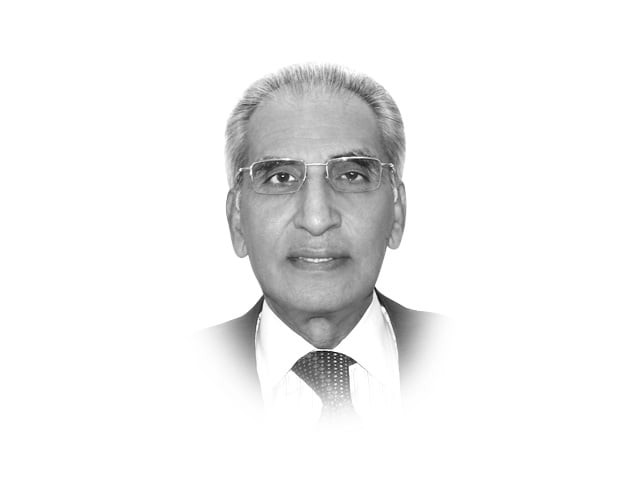More than a generational change
New leadership will have to determine early how to respond to demands for political reforms & deal with foreign ties.

More than a generational change
Over the past three decades, China has achieved unprecedented growth, transforming itself from a developing agrarian country to a highly developed industrial power that could become the world’s biggest economy in the not too distant future. There is no other example of a country moving at this rate, for this long.
Notwithstanding its remarkable successes, China is confronted with huge challenges that will test the newly elected leadership’s resolve, ingenuity and imagination. While the smooth and peaceful transition is reassuring to China’s friends abroad, what happens in that country is of great importance to the international community, both for political and economic reasons.
For one, the leadership has moved for the first time to the children of the founding fathers. These are people who have personally experienced the tumult and chaos that engulfed the country during the stormy years of the Great Leap and the Cultural Revolution. These so-called ‘princelings’, numbering in the hundreds, are emerging as a new aristocratic class that wishes to have an increasing say in running the country. There is, however, no ‘father figure’, such as Deng Xiaoping or one of the eight ‘immortals’ to guide them on critical issues. The newly elected General Secretary Xi Jinping — a princeling, too — who was tapped by Deng himself some 20 years ago, has already demonstrated leadership qualities. Privileged to have been in a meeting with him some two years ago, one could detect immediately the confidence in his demeanour and the knowledge and confidence exuded in his grasp of issues. He now heads the group of seven battle-hardened leaders who have to steer the Party and through it, the state, to meet the challenges confronting the country, both at home and abroad.
While the economy is still growing at an impressive rate, it has slowed and the gap between the rich and poor has widened, leading to fears of social and political unrest. Outgoing leader Hu Jintao acknowledged these problems and highlighted the curse of deepening corruption. The new leadership will have to determine early how to respond to demands for political reforms.
On the foreign policy front, which is of primary interest to us, Xi Jinping and his colleagues will have to contend with difficult relations with the US, especially in light of the Obama Administration’s “pivot towards Asia”, a policy that was long in the works but has now acquired a more visible and assertive nature. During his speech in Washington in February, Xi had called for “a new type of relationship between major countries”, which was seen as a gentle hint that the US needed to accommodate China’s enhanced role in international affairs. Instead, President Barack Obama’s first post-election foreign tour is to China’s backyard — a development fraught with geopolitical implications whose significance would not be lost on Beijing. Smoothing ruffled relations with Japan and easing tensions with nervous neighbours straddling the South China Sea will require the kind of far-sightedness demonstrated by Deng, who was the first Chinese leader to visit Japan and negotiate a treaty of peace and friendship. He also completed the normalisation process with the US. Deng’s willingness to take risks while rejecting xenophobia and adopting a pragmatic view on contentious issues would be valuable guidelines for the new leadership.
In South Asia, no basic change is likely, with China quietly resisting US efforts to ‘contain’ it by intensifying economic linkages with India, investing in Afghanistan’s huge natural resources, protecting ties with Iran and strengthening strategic linkages with Pakistan. The latter cannot, however, continue to count on memories of past cooperation for the relationship to prosper. Concerted measures to invest greater substance to these ties and serious steps to remove the ‘irritants’ would be essential to overcome the weakening that would otherwise be inevitable.
Published in The Express Tribune, November 21st, 2012.















COMMENTS
Comments are moderated and generally will be posted if they are on-topic and not abusive.
For more information, please see our Comments FAQ